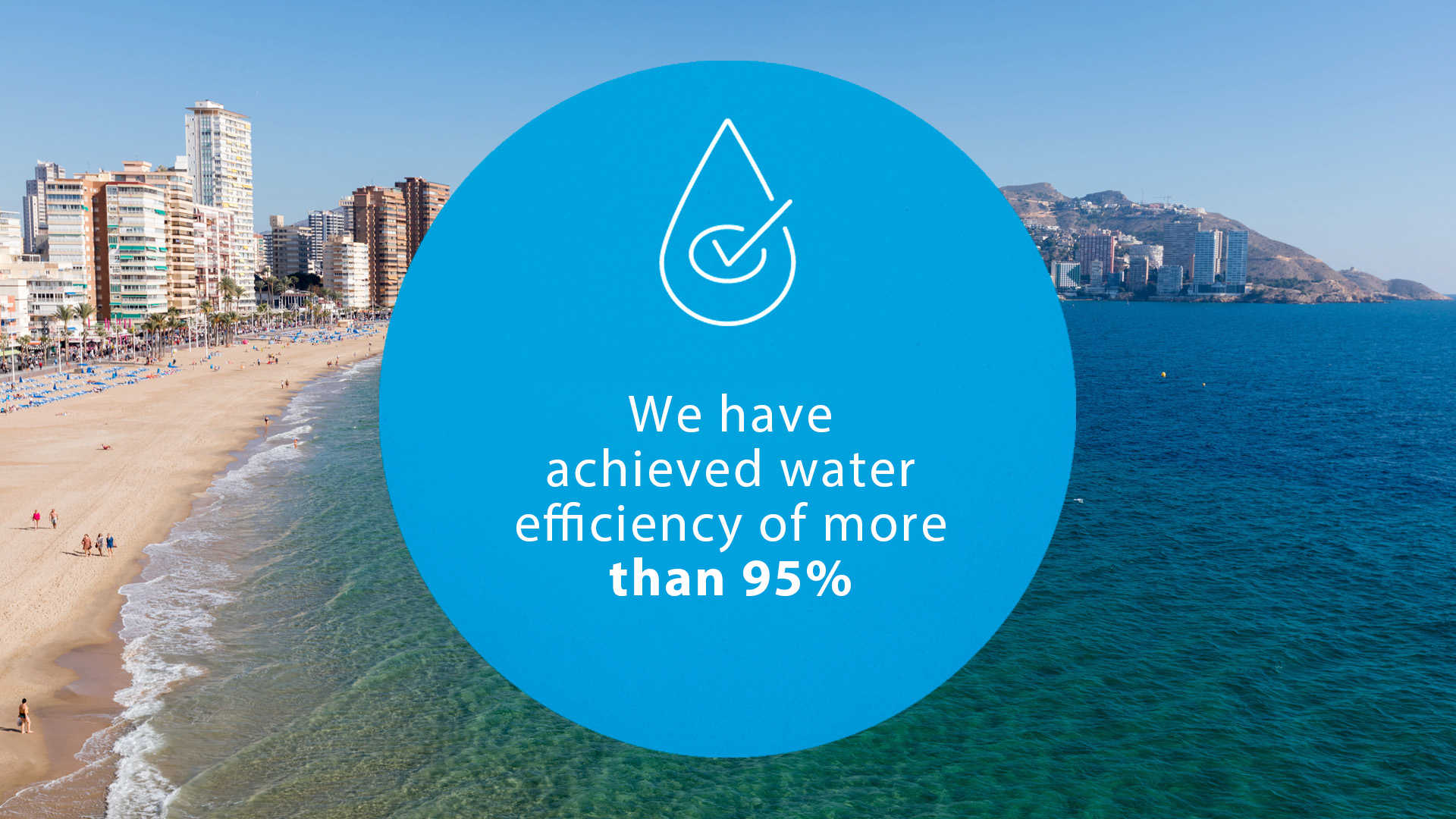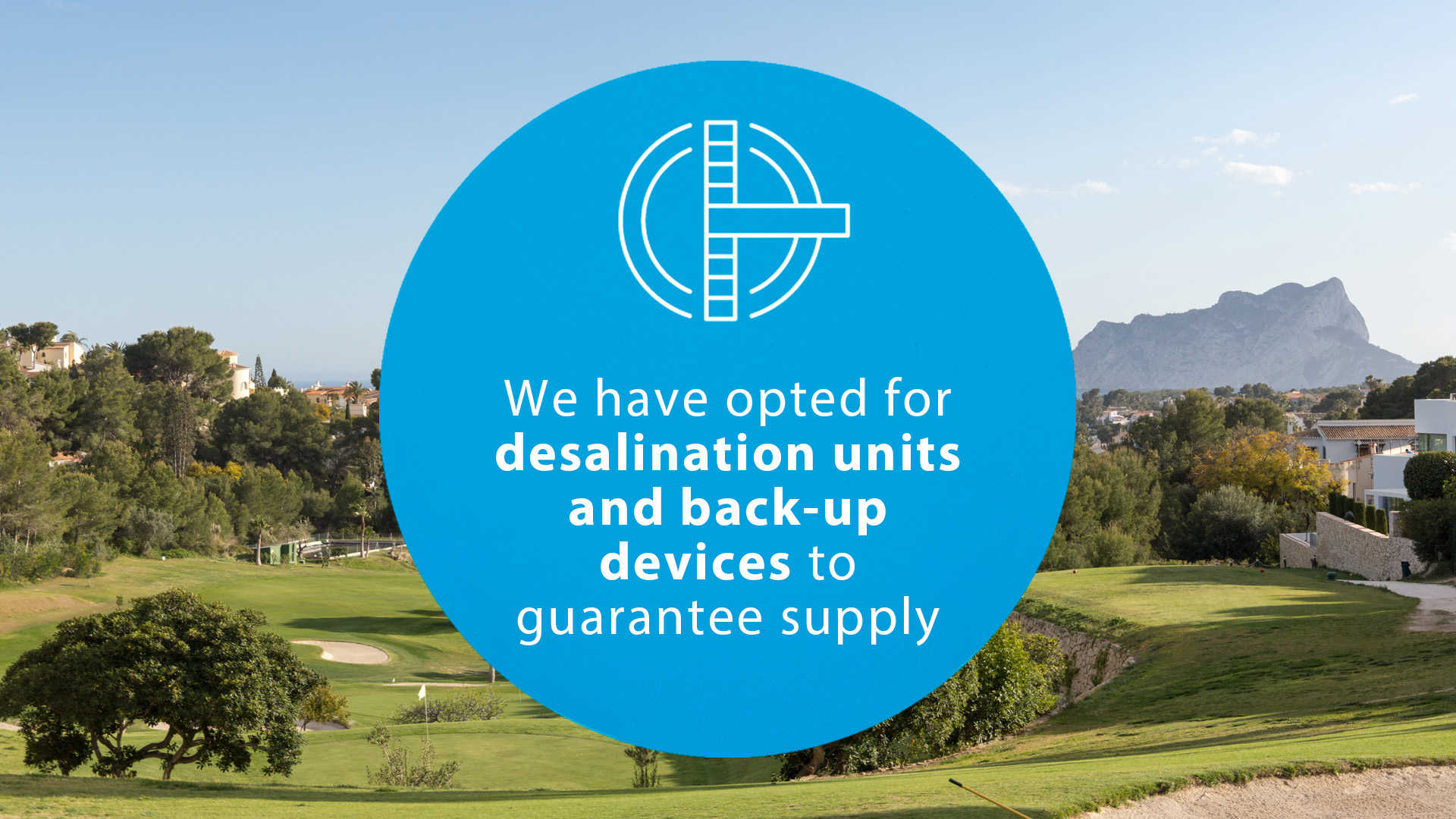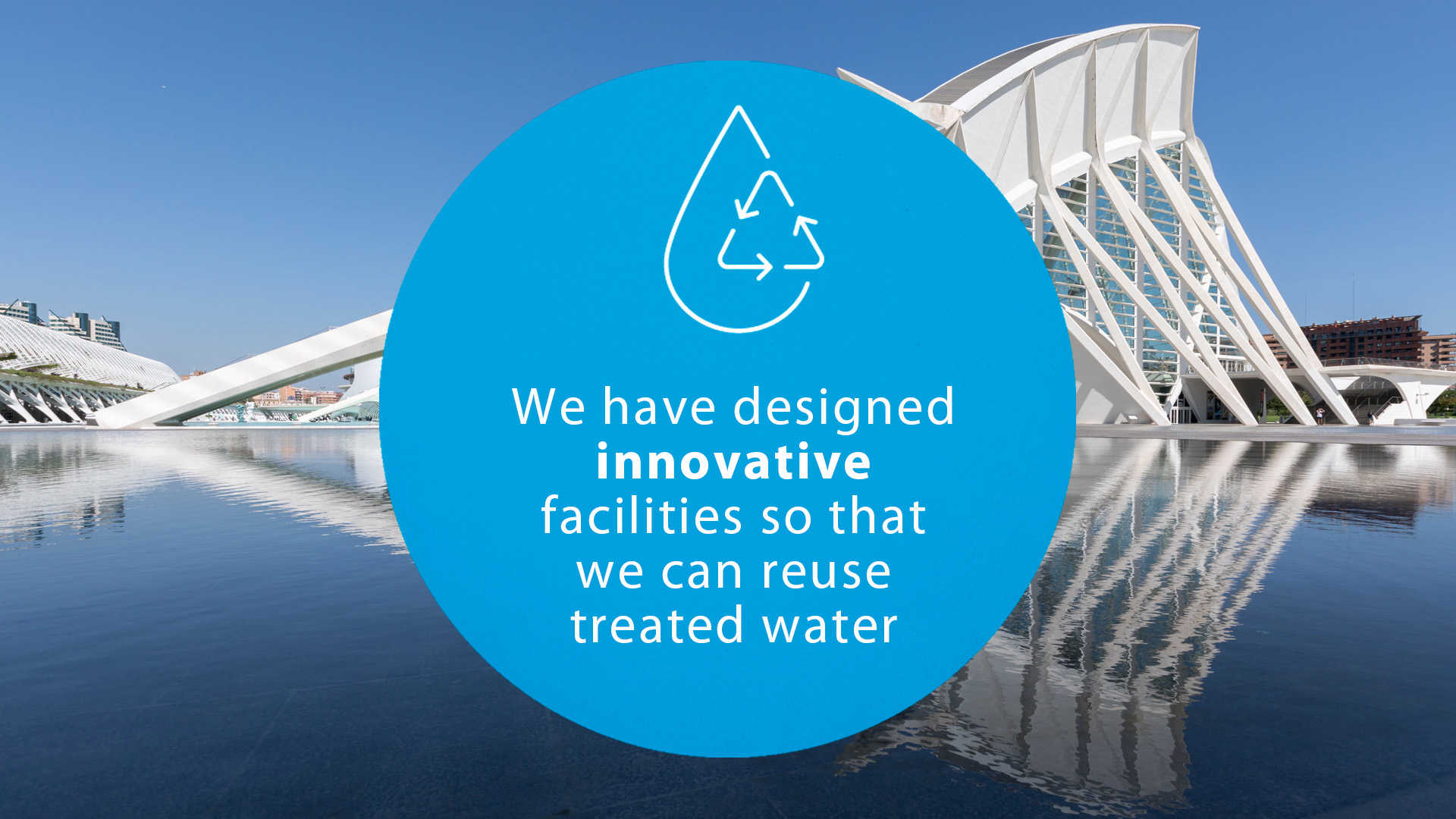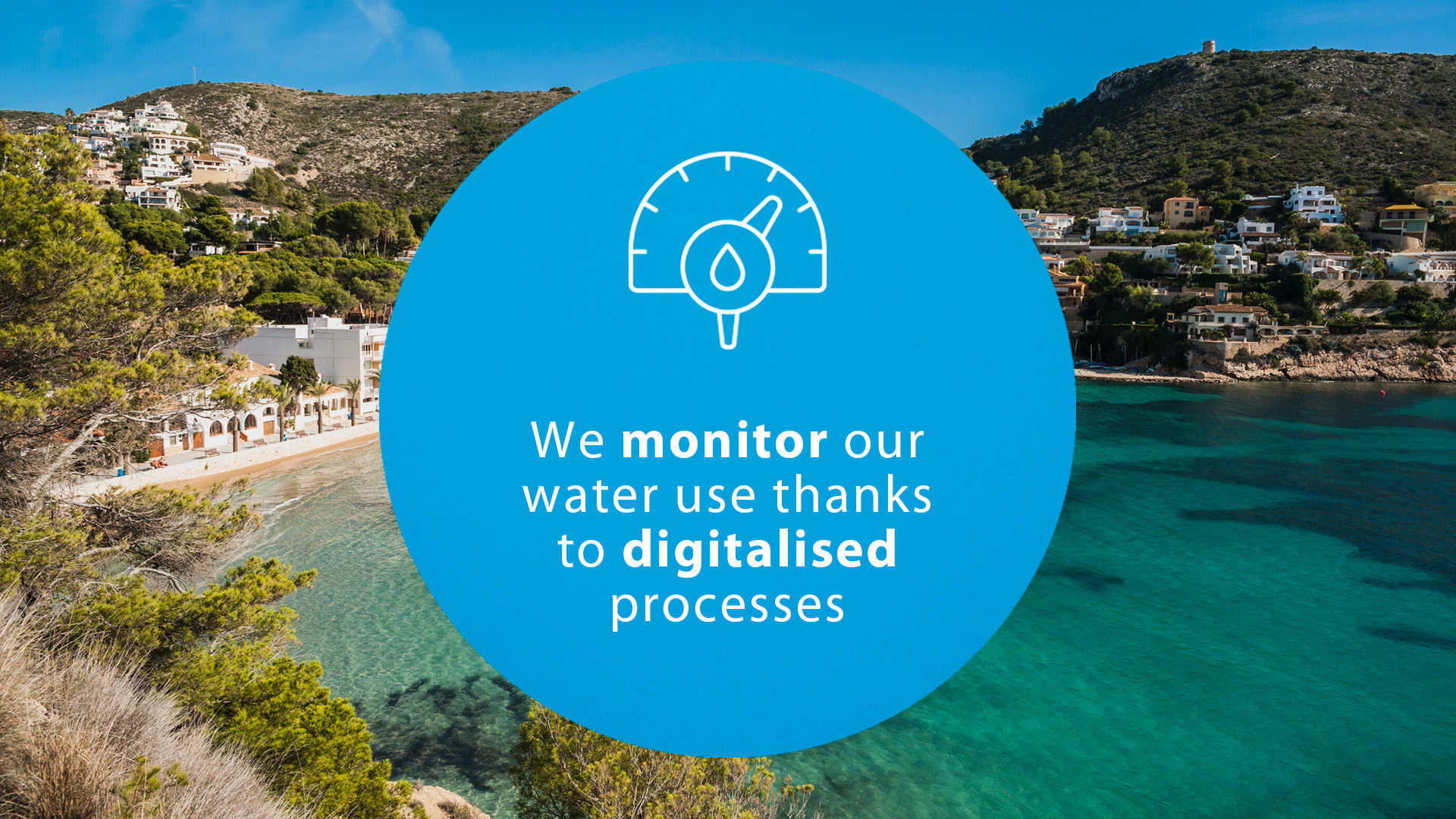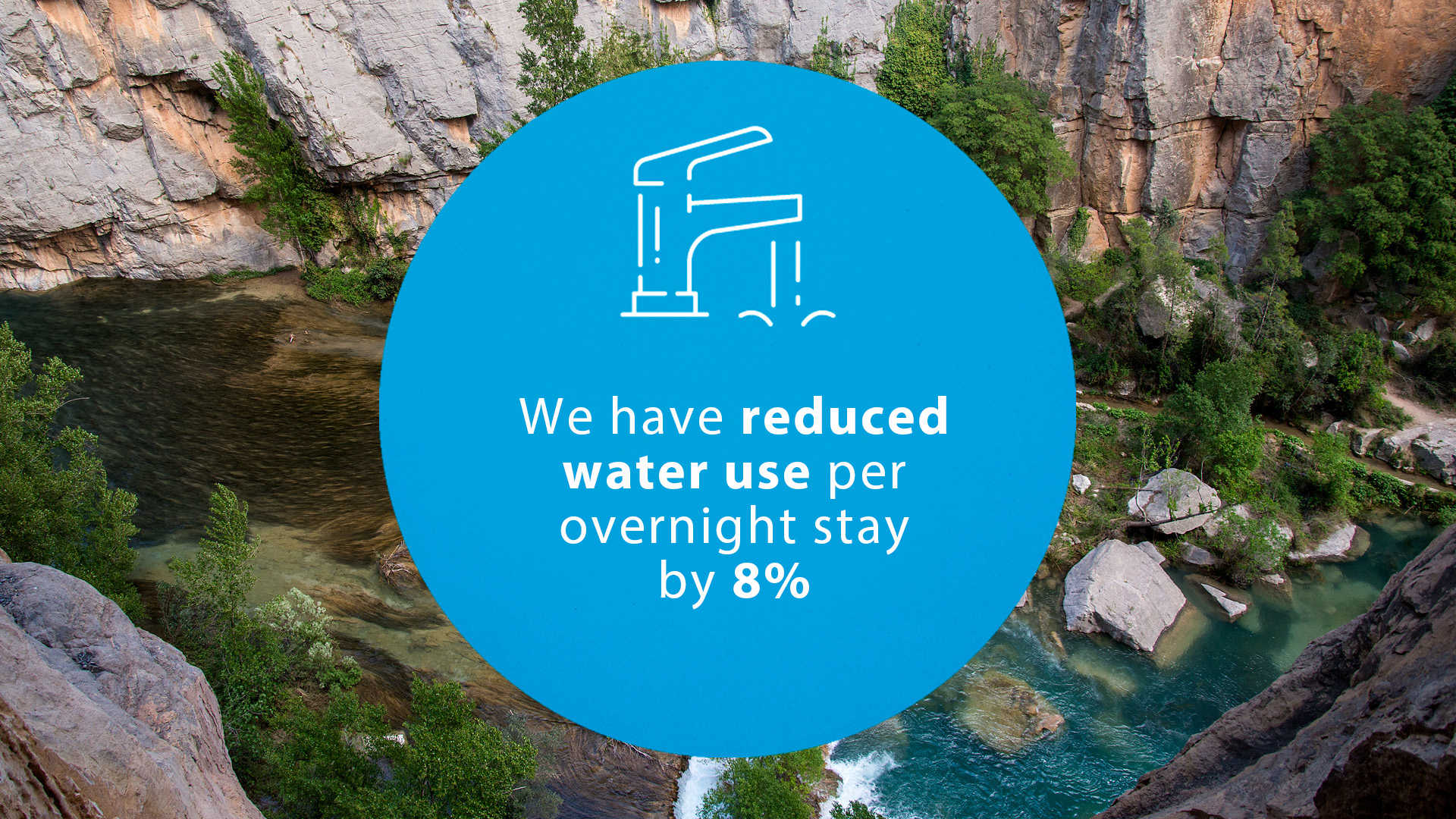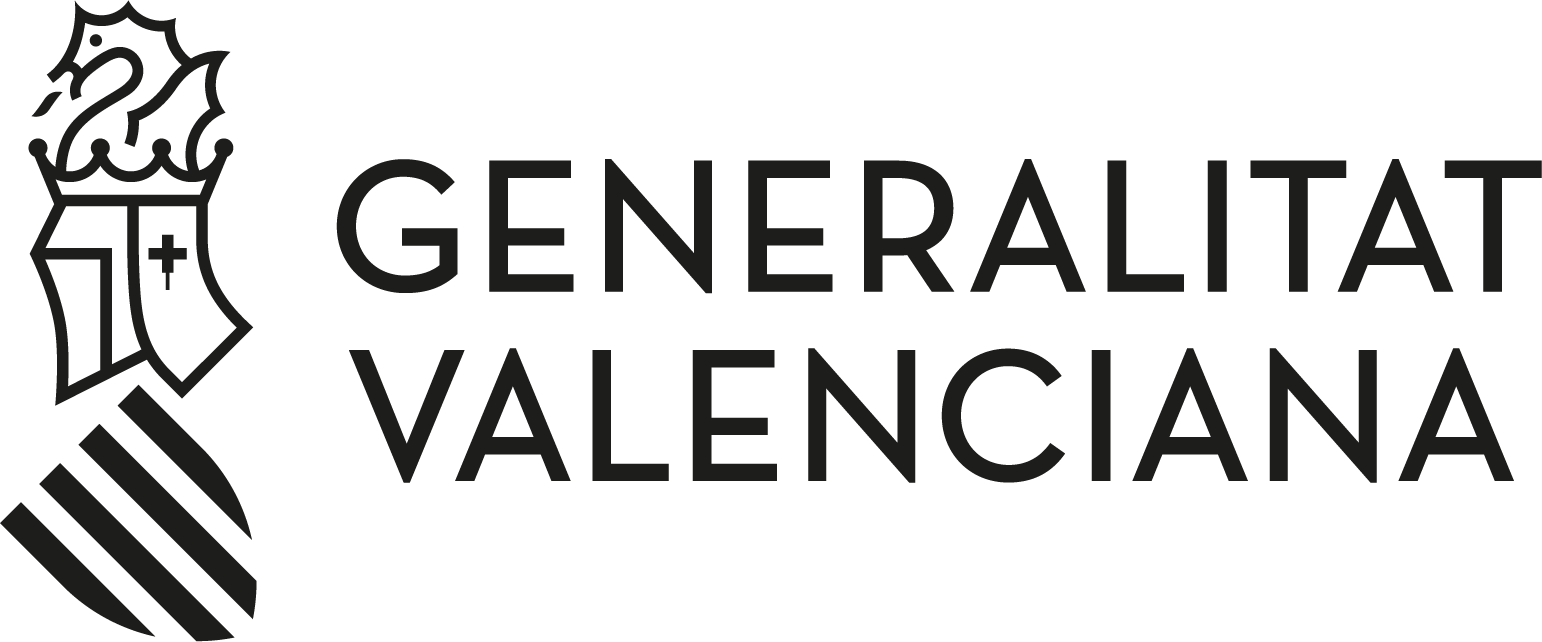The Region of Valencia stands out as a leading sustainable destination
Published 25/03/2024
The Region of Valencia sets about implementing responsible tourism practices
The Region of Valencia is working on implementing responsible tourism practices in an effort to preserve its unique natural environment by backing the balanced development of tourism in the region.
A key way in which it hopes to achieve its goals is by protecting its water resources. In 2021, Valencia became the world’s first city to calculate the water footprint generated by tourism, conducting an exhaustive analysis of the city’s water use and pollution caused both directly and indirectly by tourism-related human activities.
In order to reach its goals, it has implemented a number of measures aimed at streamlining the management of all its resources, in particular water, and limiting their use. One such course of action is the introduction of sensors that control water consumption and help prevent leaks in tourism and hospitality facilities, something that has led to an 8% reduction in water use during an average overnight stay. What’s more, it has invested significantly in efficient infrastructures—such as water-saving shower heads, tap aerators and timers for hand basins—and in innovative laundry systems and kitchen equipment. Another way that the region hopes to achieve its goals is by installing treatment stations at its beaches, enabling seawater to be reused for other purposes, and replacing showers with foot-wash stations. These measures have driven a 30% decrease in drinking water consumption and served to raise awareness among both locals and tourists of the importance of cutting our use of and protecting this valuable resource.
On the back of these initiatives, Valencia has been officially named the European Green Capital 2024. This honour acknowledges the city’s commitment to preserving the environment and its efforts to turn itself into a greener and friendlier city.
SUCCESS STORY: BENIDORM
Benidorm set itself the goal of becoming a sustainable city some 66 years ago, largely due to the water crisis affecting it at the time. Today, 36 years after the introduction of the comprehensive water cycle, despite seeing its population increase by 40% and being one of the most-visited tourist destinations in Spain and the Mediterranean area as a whole, it has been a resounding success, attaining a whopping 96% water efficiency, almost quadruple the national average of 26%. The measures it has adopted to solidify its status as a sustainable city include digitising the drinking water grid, improving soil permeability, creating new green spaces in the city centre and reusing water for agriculture, irrigating public gardens and cleaning the streets. As a result of these endeavours, its water consumption has dropped by 18% since that pivotal decision was taken.
The Region of Valencia underlines its commitment to sustainability by preserving its natural and cultural surroundings so that we can create a prosperous and equitable future for all.
Links of interest:
- Valencia, European Green Capital 2024
- València becomes the first city in the world to measure the water footprint of tourist activity
- The case of Benidorm on HOSTELTUR (in Spanish)
- SDG recommendations for tourism companies in the Region of Valencia (in Spanish)
- SDG recommendations for tourist destinations in the Region of Valencia (in Spanish)
- HOSBEC offers water footprint measuring and consumption monitoring
